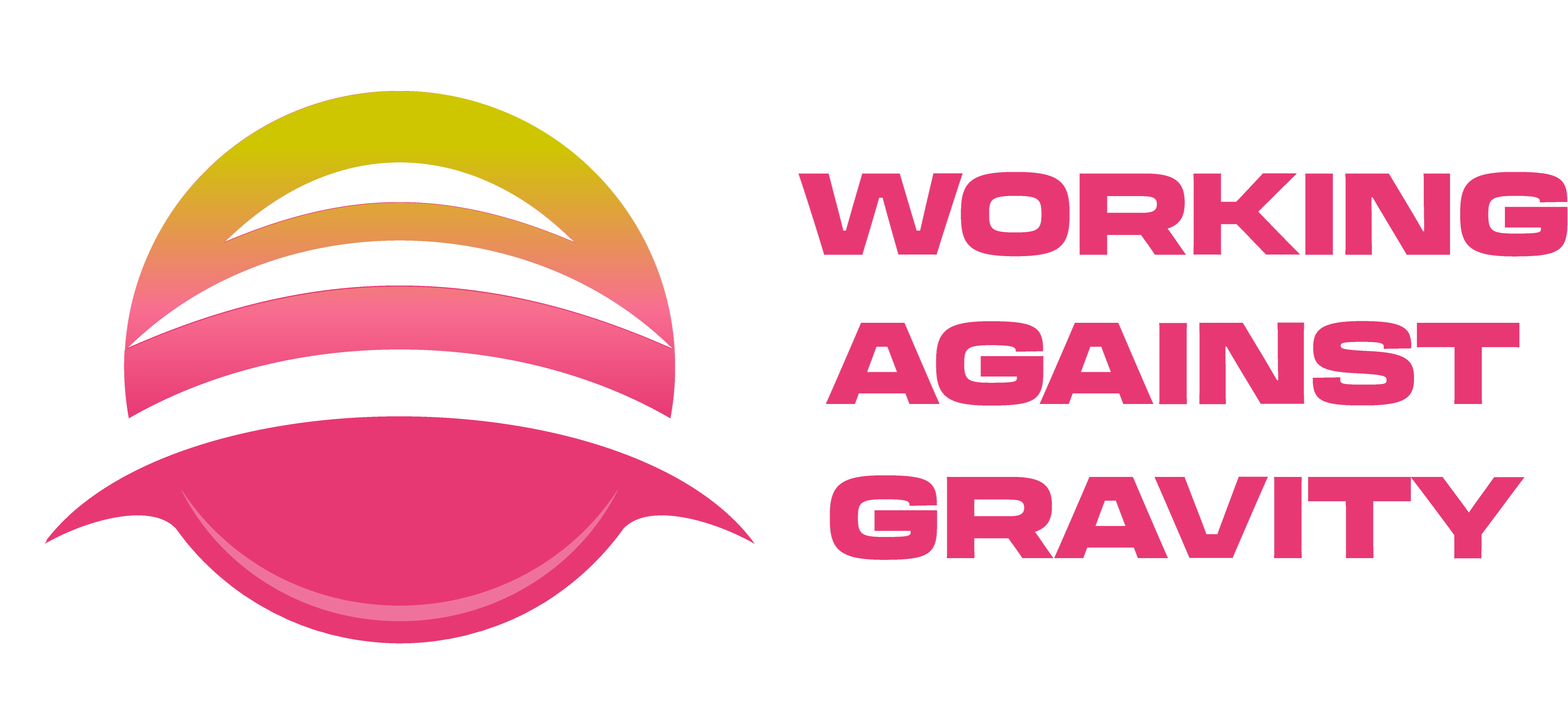Yes. Donors can choose to remain anonymous when donating Bitcoin and other cryptocurrencies. Customers in the US and elsewhere can also purchase crypto using a credit card. For example, business owners incur a small fee when they accept credit card payments because banks and payment-processing companies have to process those transactions. On some blockchains, transactions can be completed in minutes and considered secure after just a few. Healthcare providers can leverage blockchain to store their patients’ medical records securely. When a medical record is generated and signed, it can be written into the blockchain, which provides patients with the proof and confidence that the record cannot be changed. Blockchains of the future are also looking for solutions to not only be a unit of account for wealth storage but also to store medical records, property rights, and a variety of other legal contracts. In the case of a property dispute, claims to the property must be reconciled with the public index. Many blockchain networks operate as public databases, meaning anyone with an internet connection can view a list of the network’s transaction history. In war-torn countries or areas with little to no government or financial infrastructure and no Recorder’s Office, proving property ownership can be nearly impossible.
If a group of people living in such an area can leverage blockchain, then transparent and clear timelines of property ownership could be established. Additionally, these can be used for trading the digital currency professionally as with them trading decisions are made based on some facts and analysis. The settlement and clearing process for stock traders can take up to three days (or longer if trading internationally), meaning that the money and shares are frozen for that period. Those users may transition their stock token balances to CM-Equity AG once its new portal is established. If you attempt to deposit a check on Friday evening, for example, you may not actually see funds in your account until Monday morning. That means if you try to deposit a check on Friday at 6 p.m., you will likely have to wait until Monday morning to see that money hit your account. According to The World Bank, an estimated 1.3 billion adults do not have bank accounts or any means of storing their money or wealth.
With blockchain, banks also have the opportunity to exchange funds between institutions more quickly and securely. Notably, the aggregated depth or the ability of an exchange to sustain large orders without impacting the price of the concerned assets has also reduced for Binance’s U.S. The U.S. dollar is controlled by the Federal Reserve. BUSD is a stablecoin pegged to the US Dollar (USD), issued by Paxos. These personal health records could be encoded and stored on the blockchain with a private key so that they are only accessible to specific individuals, thereby ensuring privacy. From greater user privacy and heightened security to lower processing fees and fewer errors, blockchain technology may very well see applications beyond those outlined above. By integrating blockchain into banks, consumers might see their transactions processed in minutes or seconds-the time it takes to add a block to the blockchain, regardless of holidays or the time of day or
For example, the Bitcoin network's proof-of-work system to validate transactions consumes vast amounts of computational power. Transactions placed through a central authority can take up to a few days to settle. Users can create as many accounts as they need on the Ethereum network without anyone's permission and without anything being stored in a central registry. Other differences include block time (an ETH transaction is confirmed in seconds, compared with minutes for BTC), and their consensus algorithms are different: Bitcoin uses SHA-256, while Ethereum uses LMDGhost. Bitcoin can only work correctly with a complete consensus among all users. It is a common misperception that blockchain networks like Bitcoin are fully anonymous; they are actually pseudonymous because there is a viewable address that can be associated with a user if the information gets out. Bitcoin is a system of trust, just like every other currency. Under this central authority system, a user’s data and currency are technically at the whim of their bank or government.


